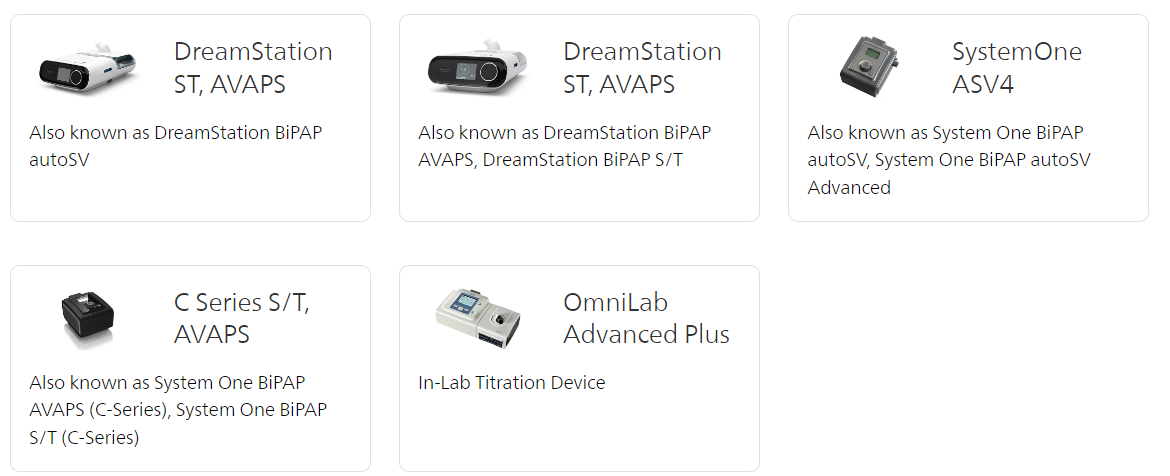Philips Respironics Recall: New Investigation Reveals Blatant Corporate Negligence
 In a startling revelation brought to light by the investigative efforts of ProPublica and the Pittsburgh Post-Gazette, the Philips Respironics case has unveiled a disturbing narrative of corporate negligence. Over an 11-year period, this medical device manufacturer concealed mounting evidence of serious issues with its breathing machines, placing profit above patient safety.
In a startling revelation brought to light by the investigative efforts of ProPublica and the Pittsburgh Post-Gazette, the Philips Respironics case has unveiled a disturbing narrative of corporate negligence. Over an 11-year period, this medical device manufacturer concealed mounting evidence of serious issues with its breathing machines, placing profit above patient safety.
In 2010, Philips Respironics, a renowned manufacturer of breathing machines used globally in homes and hospitals, made a pivotal decision to redesign its best-selling devices. The intention was to eliminate an annoying rattle that kept users awake at night. However, this seemingly well-intentioned decision led to a cascade of problems that has left countless individuals in distress and brought the company under intense scrutiny.
To dampen the irritating noise issue, Philips opted for an industrial foam, akin to what you might find in your sofa or mattress. Little did they know that this choice would prove catastrophic. Reports began to emerge, describing “black particles,” “dirt and dust,” and even an “oily-like” substance within the breathing machines. Users were sounding the alarm about “contamination,” signaling that something was seriously amiss.
These complaints were directed at some of Philips’ most celebrated devices, including ventilators and the popular DreamStation for sleep apnea patients. The company, however, chose to withhold the majority of these warnings from the Food and Drug Administration (FDA), even as their numbers multiplied and the concerns grew more dire.
Federal law mandates that medical device manufacturers promptly report all cases of patient injuries, deaths, and potential harm-causing malfunctions to the FDA
Philips, however, failed to adhere to this requirement, withholding over 3,700 complaints over 11 years. Shockingly, the company did not launch a formal investigation into the problem until 2019, nearly a decade after the initial complaints and three years after they knew the foam was degrading.
Instead of addressing the issue head-on, Philips chose to aggressively market its machines worldwide, even introducing new models fitted with the hazardous foam. These devices found their way into the hands of infants, the elderly, veterans, and even the sickest patients during the COVID-19 pandemic, when their health was most vulnerable.
The foam’s degradation wasn’t just a hypothetical concern. Philips learned that it was breaking down in its ventilators in Japan, necessitating replacements. Tests in the United States also confirmed the release of harmful chemicals, including formaldehyde, a substance linked to respiratory problems and certain cancers. Yet, the public remained unaware.
As Philips continued to profit, users of these machines were experiencing inexplicable illnesses, including vomiting, dizziness, headaches, and newly diagnosed cancers of the lungs, throat, sinuses, and esophagus. Some suffered such severe coughing fits that they sustained physical injuries, like broken ribs.
The consequences of Philips’ actions were far-reaching, affecting thousands of individuals who had placed their trust in the company’s products.
As product liability attorneys, our role is to seek justice for those who have suffered as a result of corporate negligence. The Philips Respironics recall is a sobering example of the importance of holding companies accountable for their actions and ensuring that patient safety remains the top priority in the medical device industry.
 New York Personal Injury Attorneys Blog
New York Personal Injury Attorneys Blog


